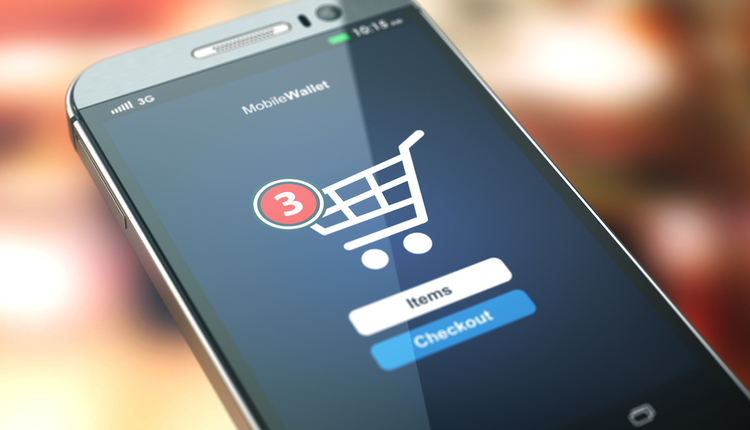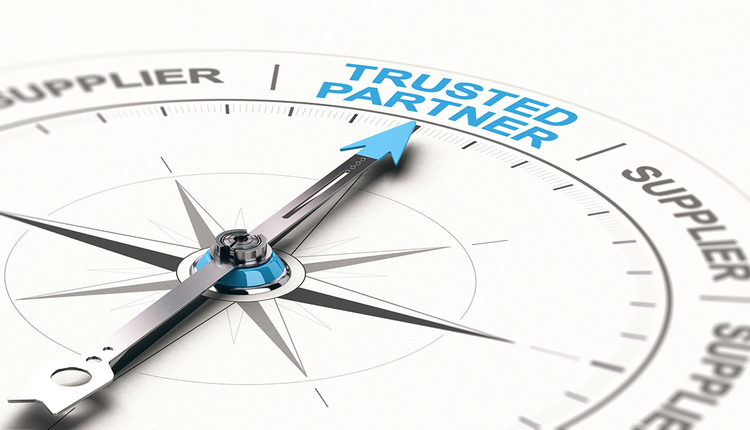This article originally appeared in the March/April, 2018 issue of PARCEL.
The international e-commerce market is growing at 25% per year and is just beginning to capture the attention of merchants all over the world. However, the “domestic halo effect” is establishing consumer expectations that are very challenging to shippers. In the US, Amazon has established a free, two-day delivery expectation in the B2C and B2B arenas. This expectation has permeated customer expectations in most countries in the world, especially in the top e-commerce countries of: Japan, UK, Germany, Canada, China, Australia, and South Korea. The top three express carriers of DHL Express, FedEx, and UPS control almost 90% of the time-definite deliveries. DHL is the world leader, with 38% global market share in the time-definite deliveries. Merchants are looking for ways to get their products delivered globally within two to three days. Let’s take a look at some of the options available in the market.
Freight Forwarder: Most freight forwarders are entering the e-commerce world because of their expertise of handling international freight and the ability to be flexible in getting products quickly to countries. The challenge that freight forwarders have is that they need to use a domestic express carrier in the destination country to complete the final delivery, which may not be cost-effective or service competitive.
Postal Solution: Many postal authorities around the world are trying to get into the global e-commerce business. They offer a very cost-effective solution but are usually five- to seven-day deliveries, which is too slow for most consumers. For some low-value products, this may be an acceptable service. The one big advantage of a postal solution is that these shipments are often not charged for duties and taxes.
Parcel Consolidators: This is a hybrid service between express carriers and postal solutions that is trying to create a service that is cost-competitive and slightly slower than the express carriers. Their reliance on destination country postal services is preventing them from being truly competitive. However, there is a new entrant called Zenda, which is developing a country-to-country network by partnering with global airlines, which will make them competitive.
International Express: The major express carriers are well-positioned to capture a larger part of the global e-commerce business. They have been very successful in the B2B market but are now embracing the B2C market and making changes to their delivery practices to attend to the residential delivery. Many of them are promoting alternative delivery options through technology and a closer connection to the consumer. They have built extensive global delivery networks and a very streamlined customs clearance practice, which is making them highly competitive in the global e-commerce world. In a global survey that DHL conducted to retailers and manufacturers, it identified that offering a premium service will help these organizations to grow 1.6 times more that those who don’t offer a premium service.
In summary, global consumers (B2B and B2B) are looking for a fast and reliable international delivery service at a competitive cost. The value of the product will drive the viability of this expectation. We can all thank Amazon for setting this expectation, but really, we should thank the express carriers for having the option available to meet this expectation.
Michael J. Ryan is the Executive Vice President at Preferred Parcel Solutions and has over 25 years of experience in the parcel industry. He can be reached at 708.224.1498 or michael.ryan@preferredship.com.



















